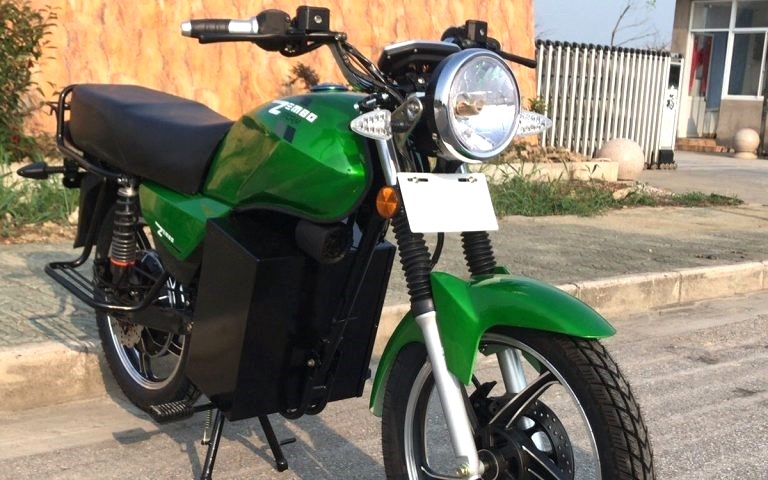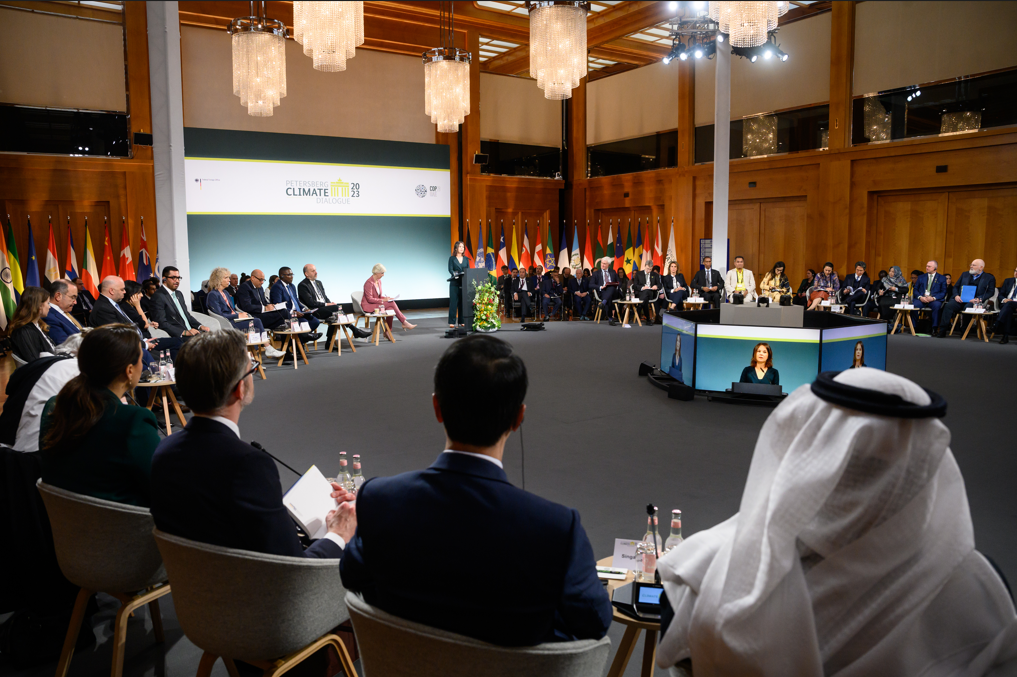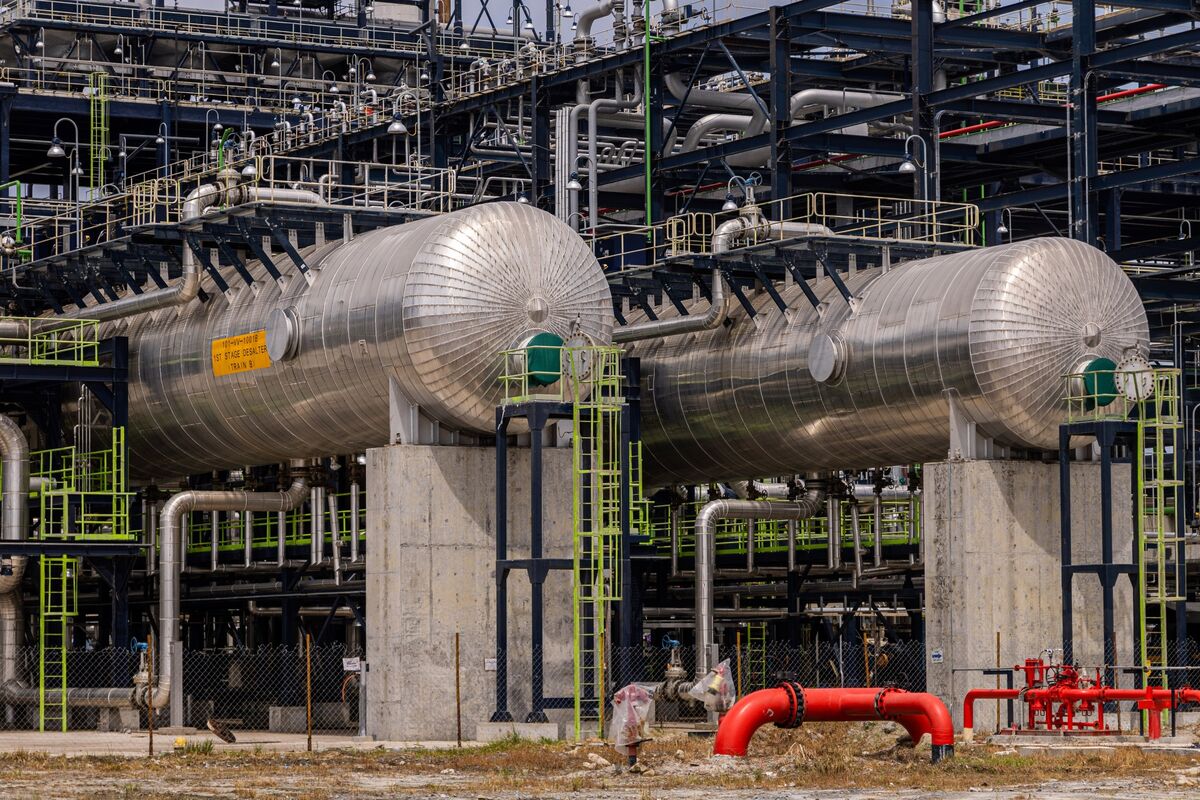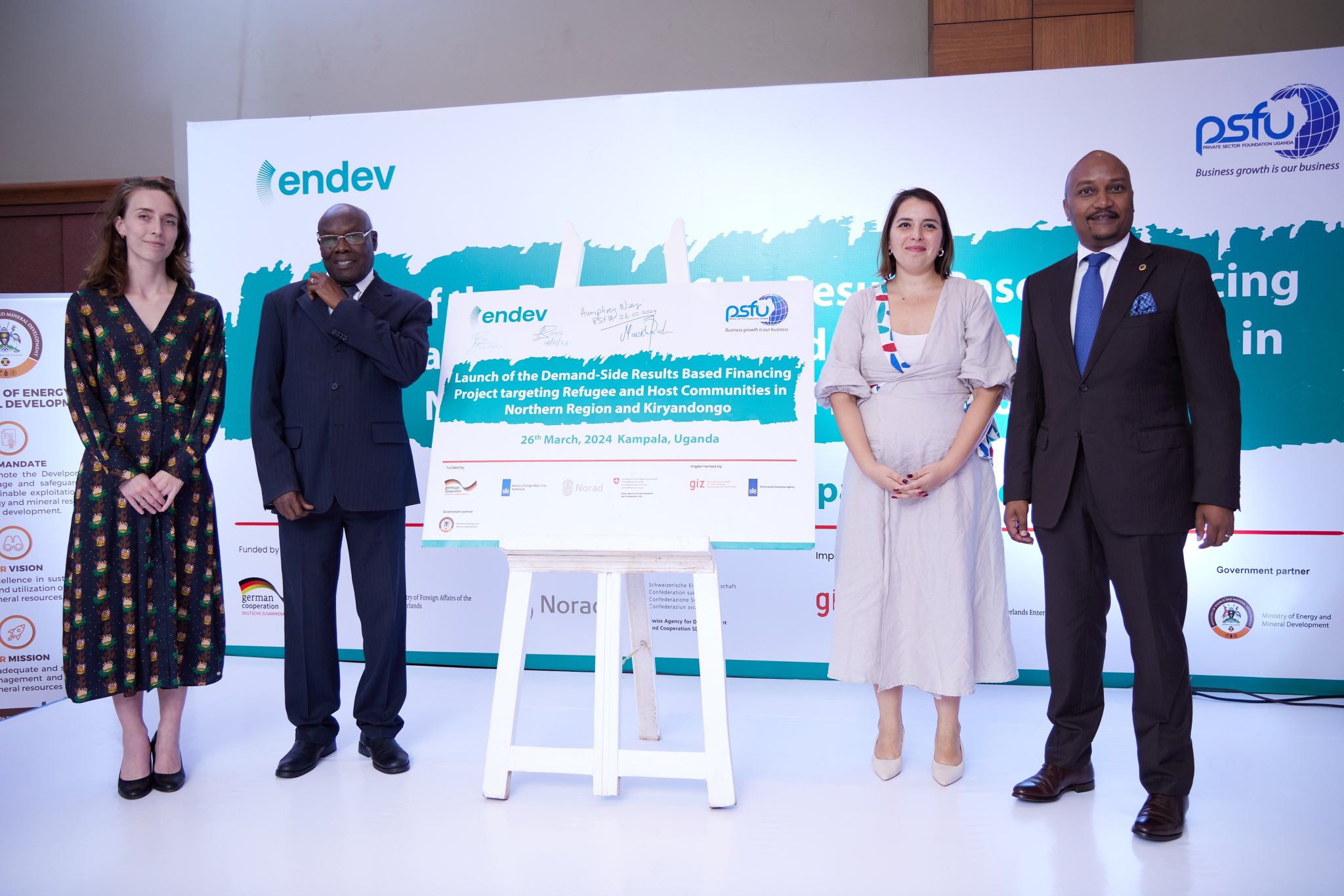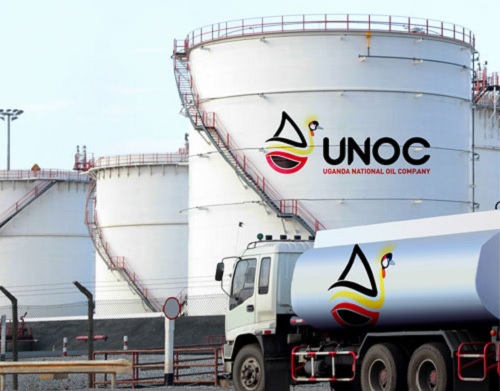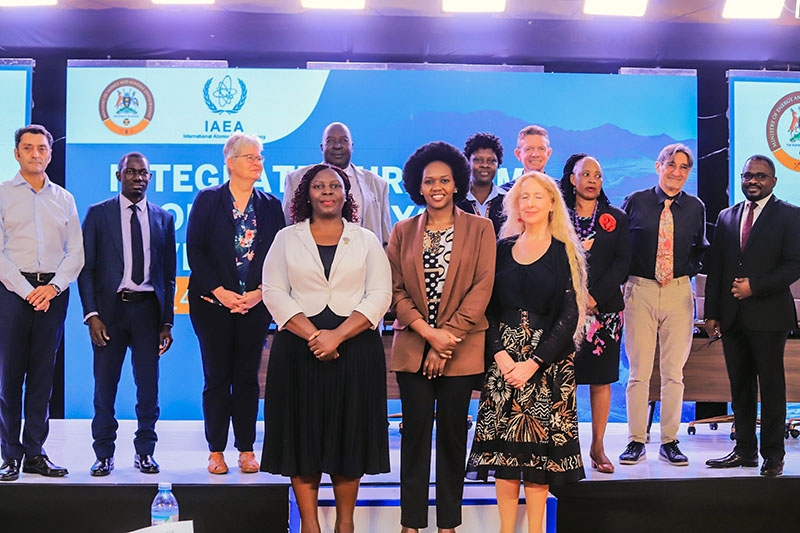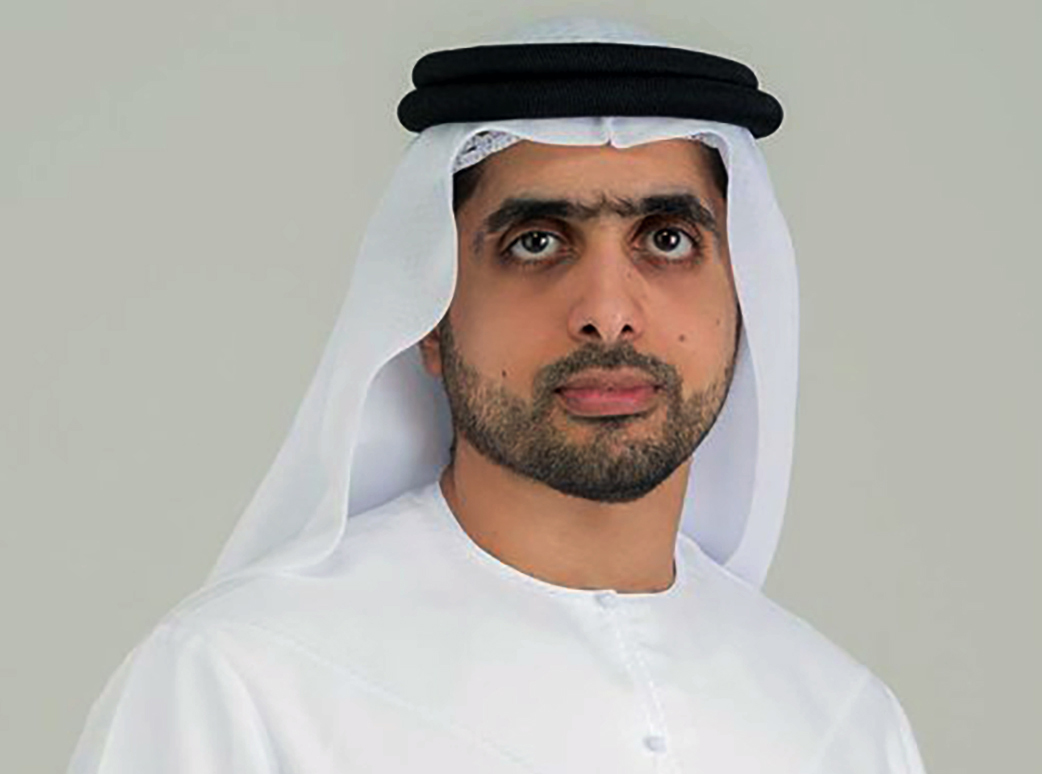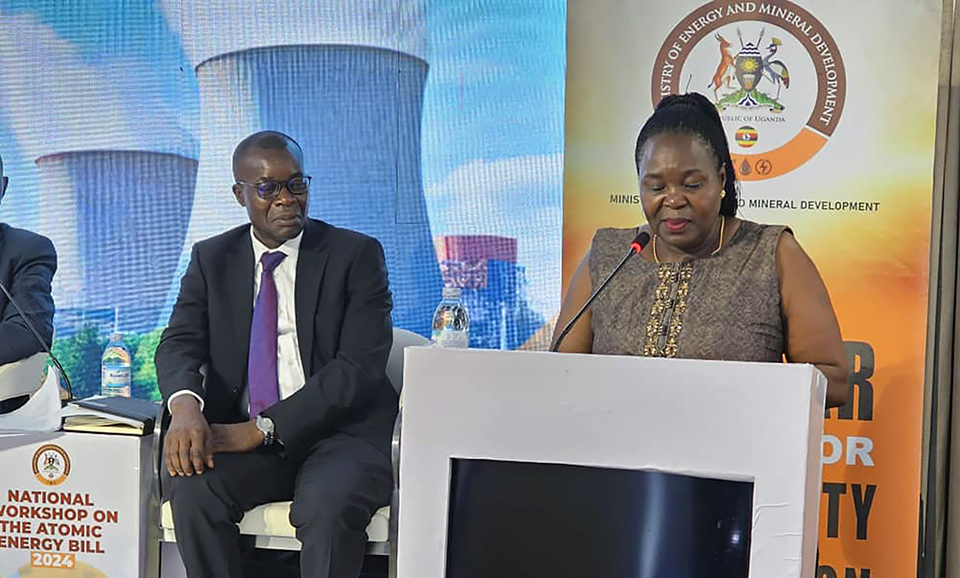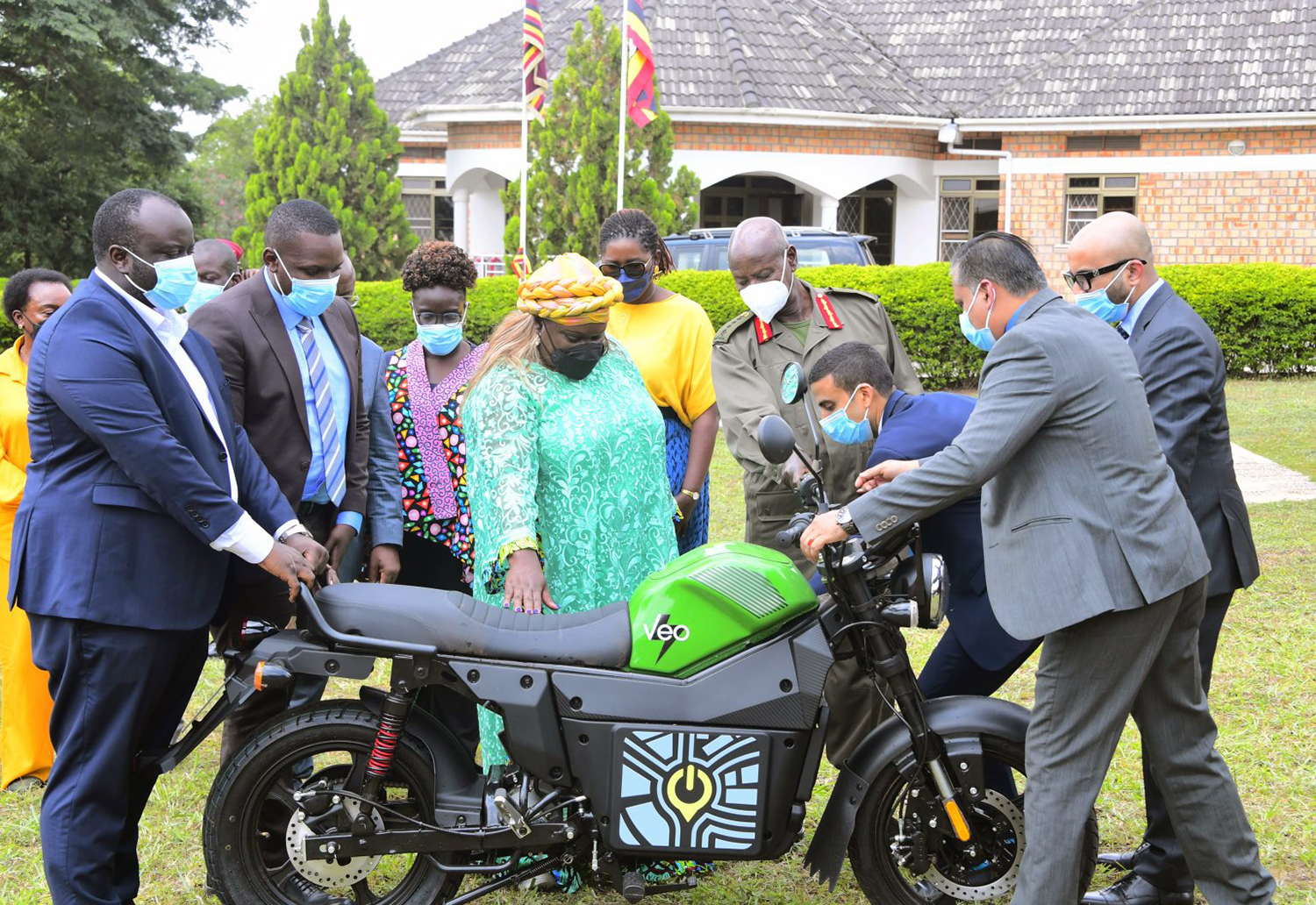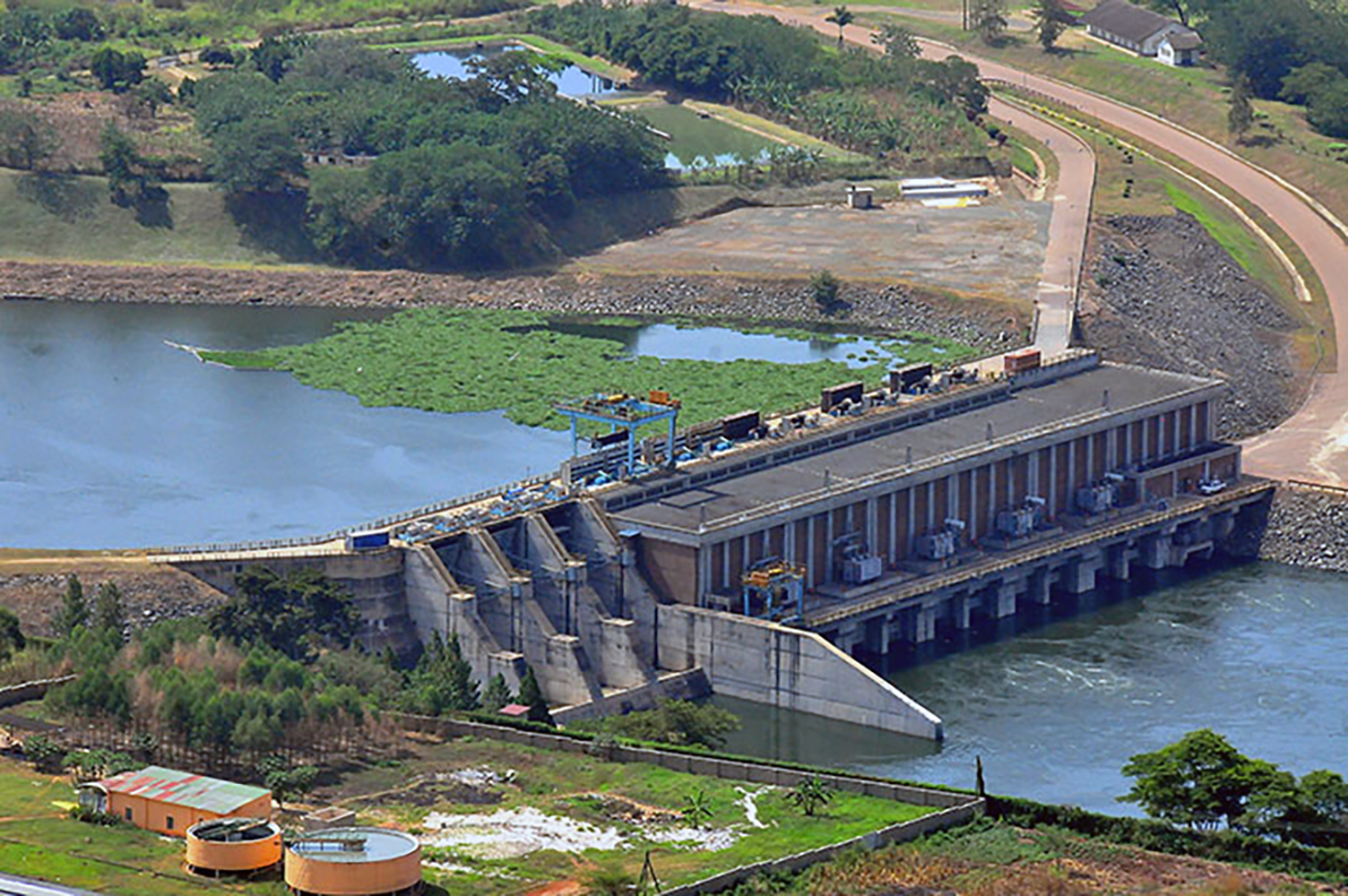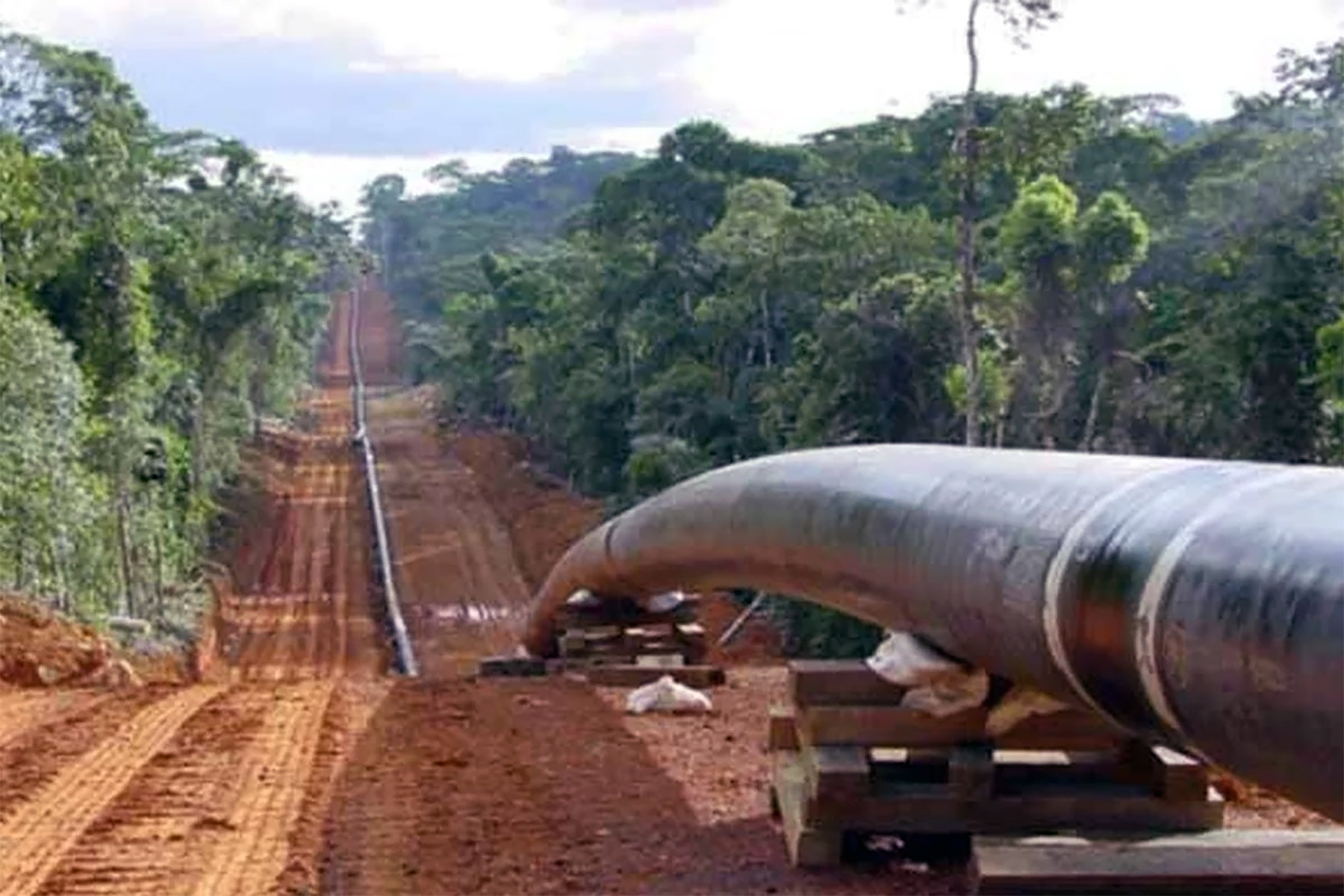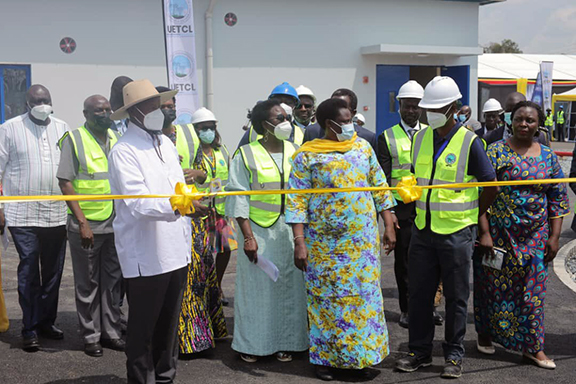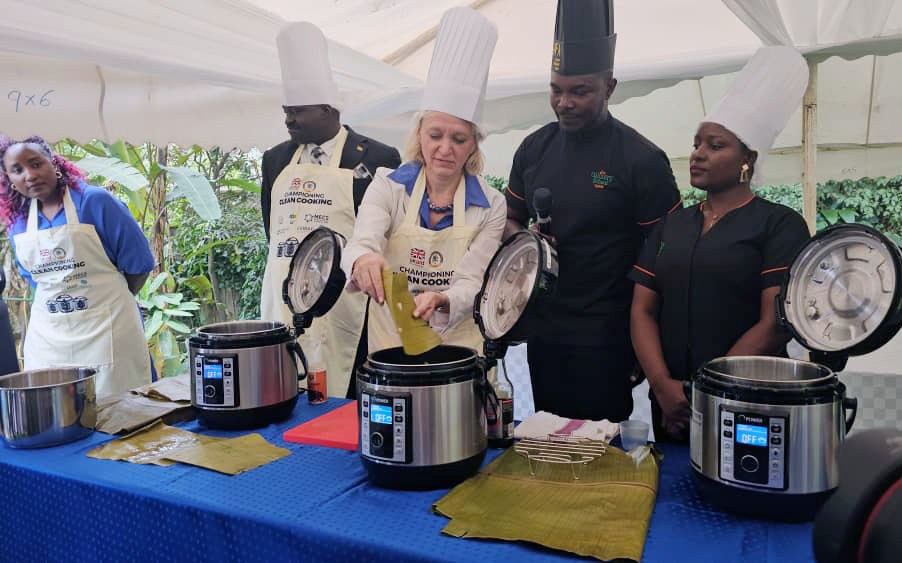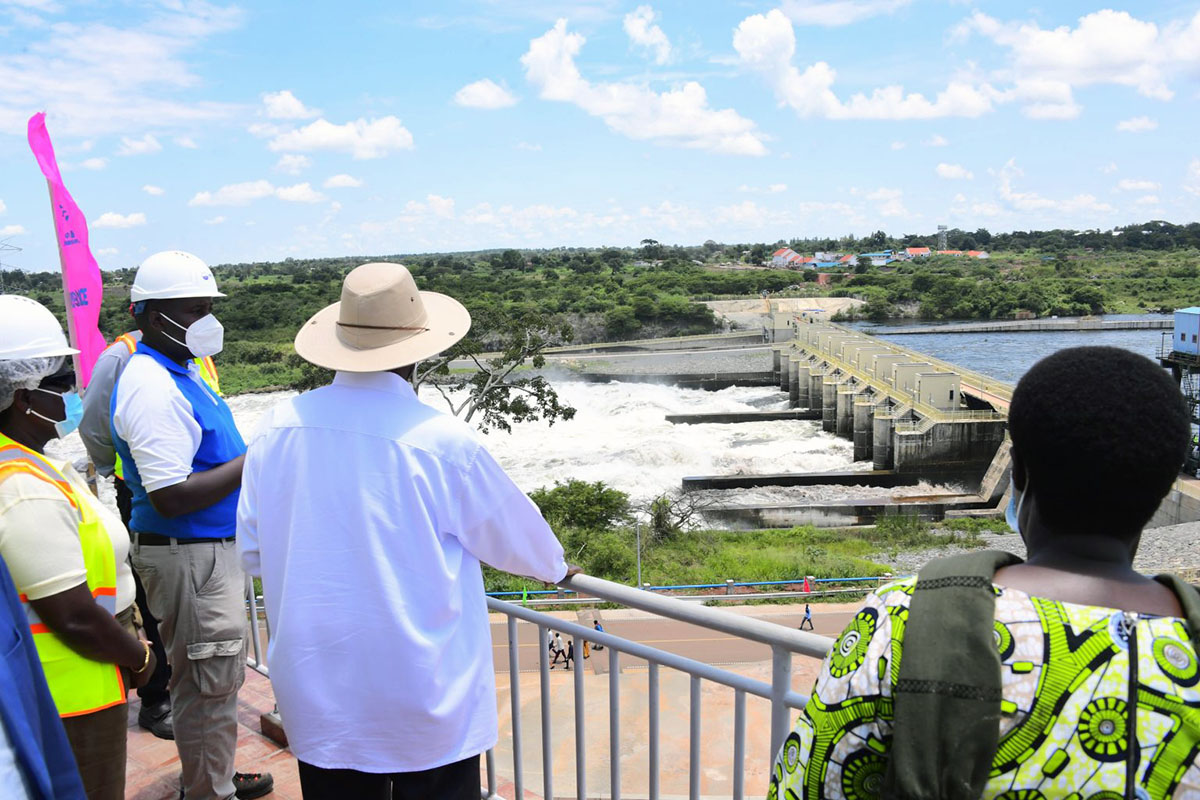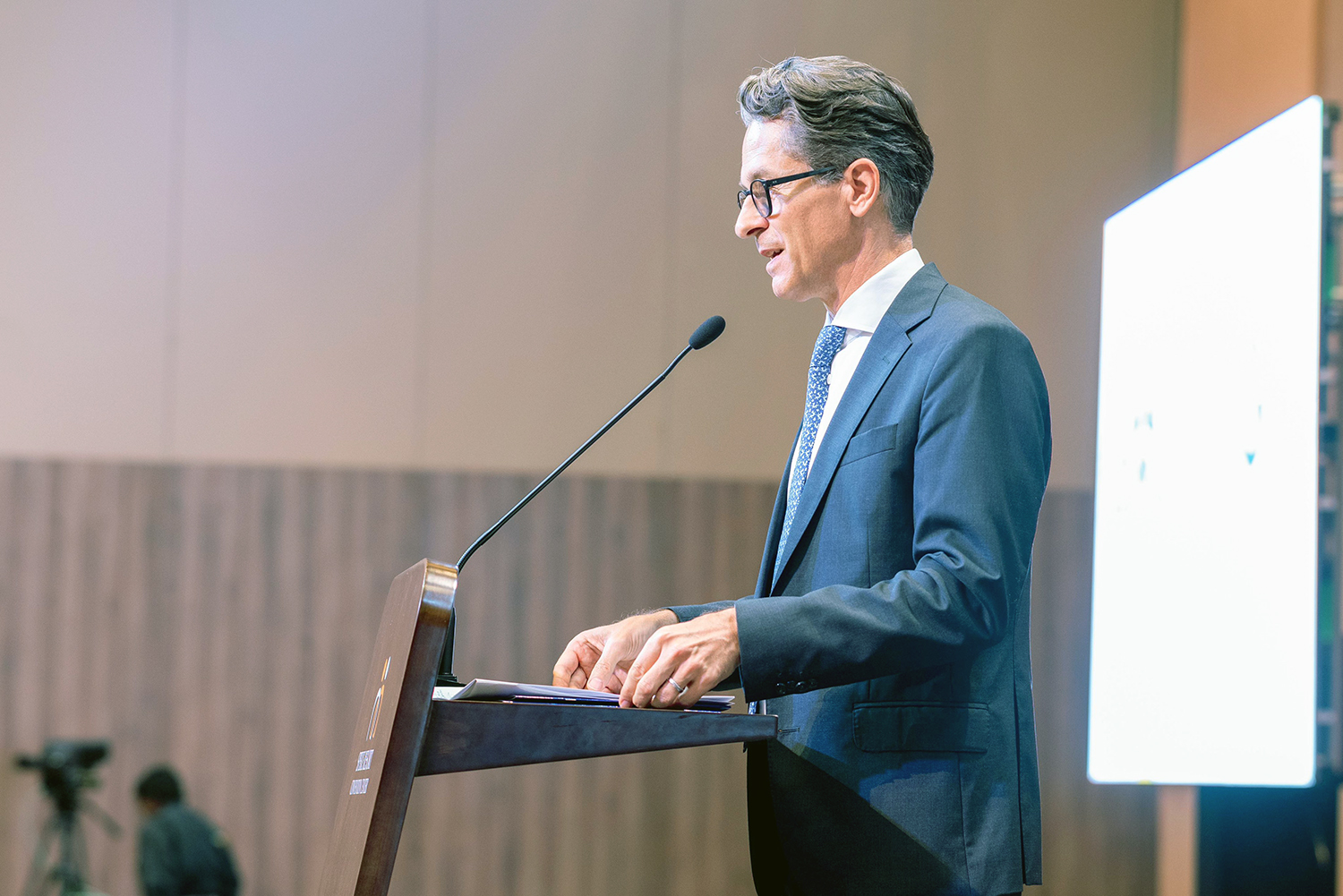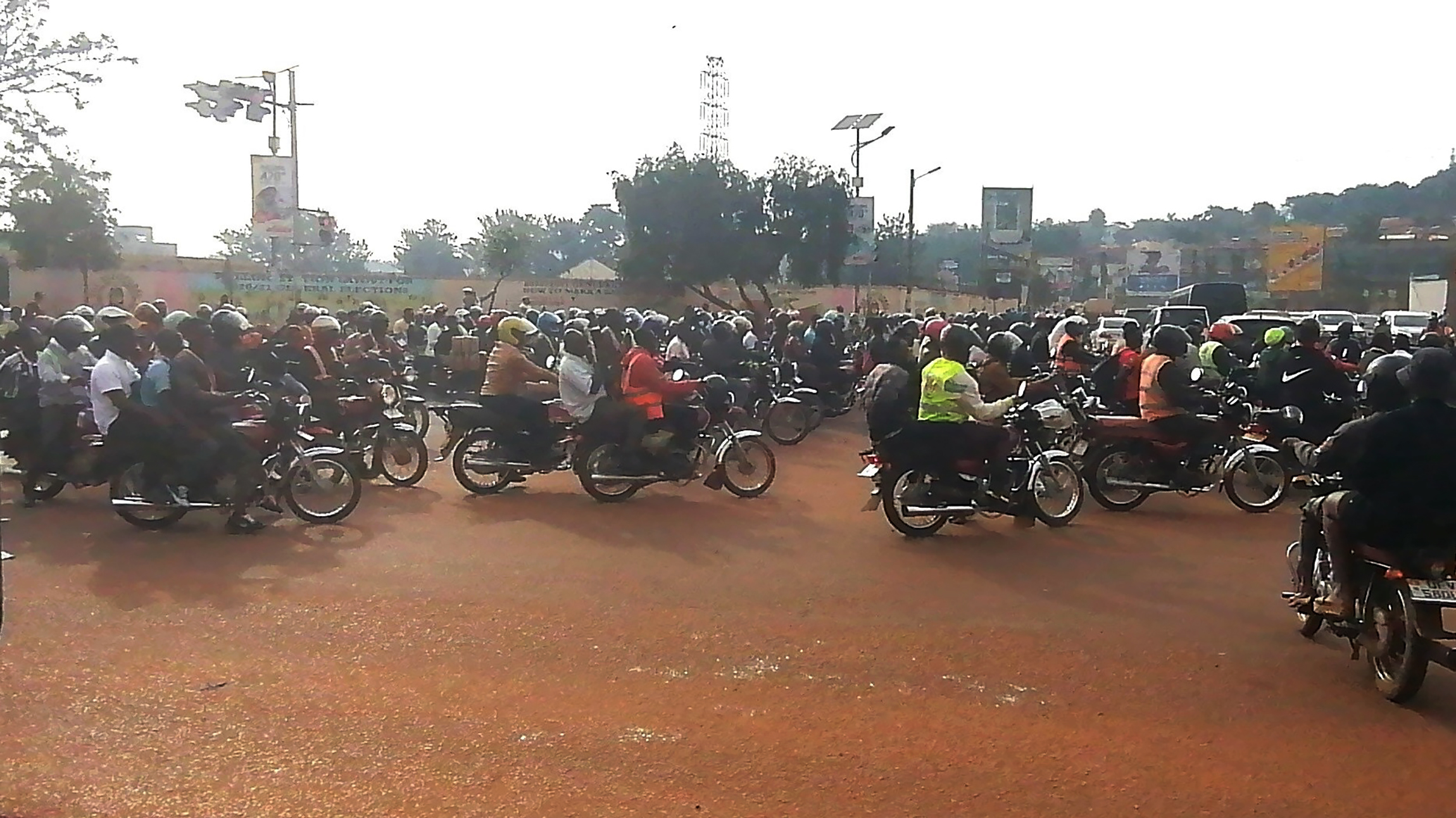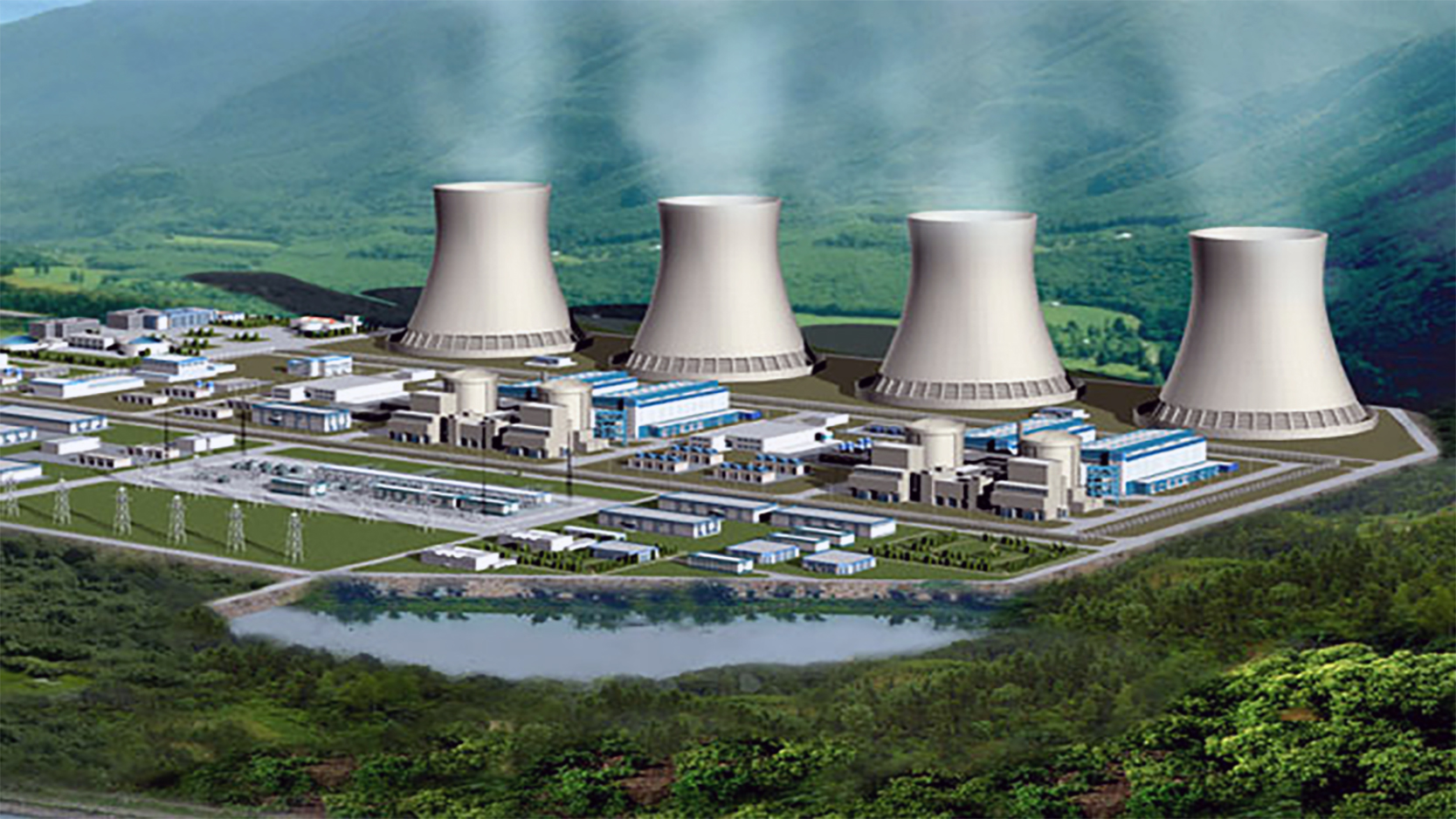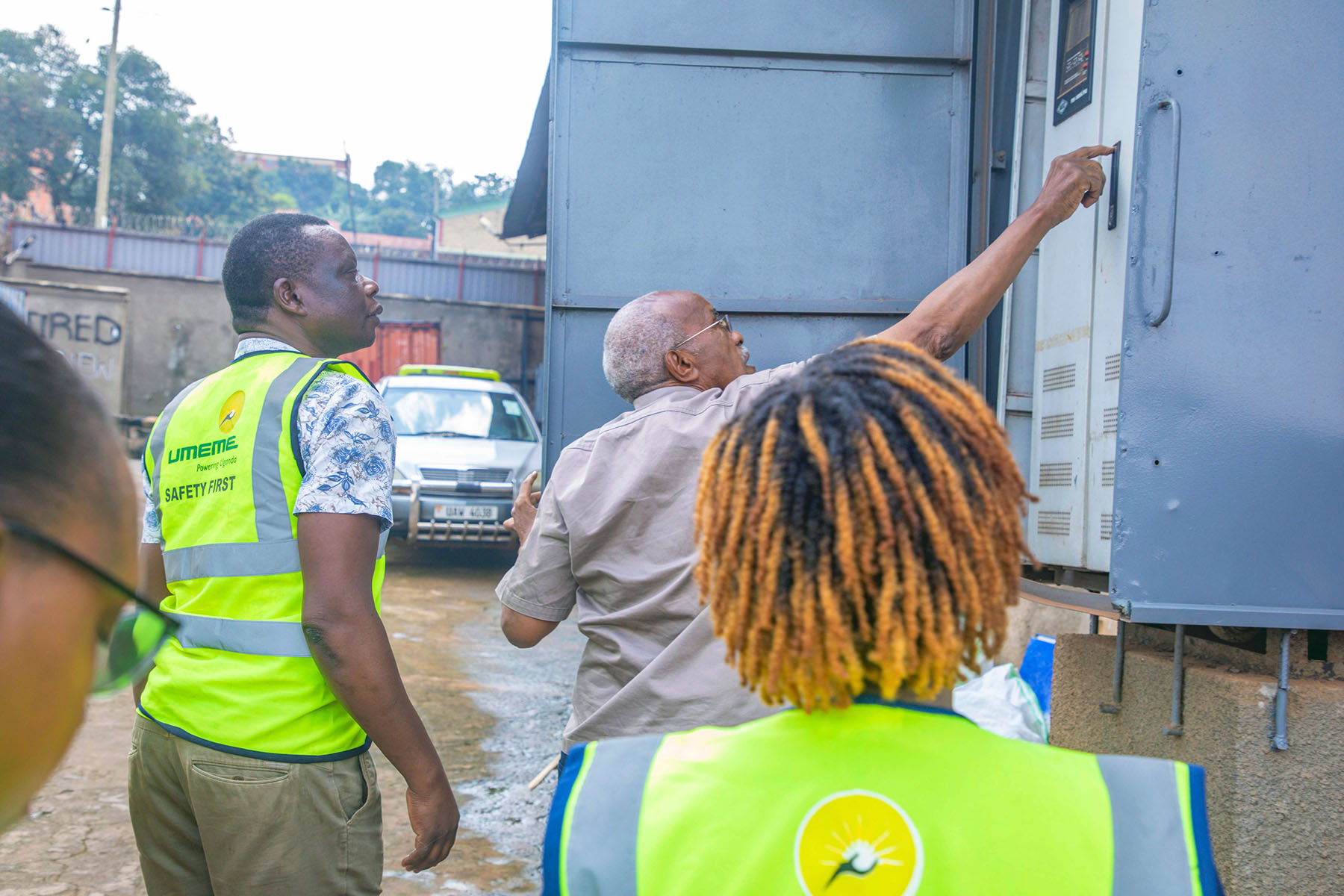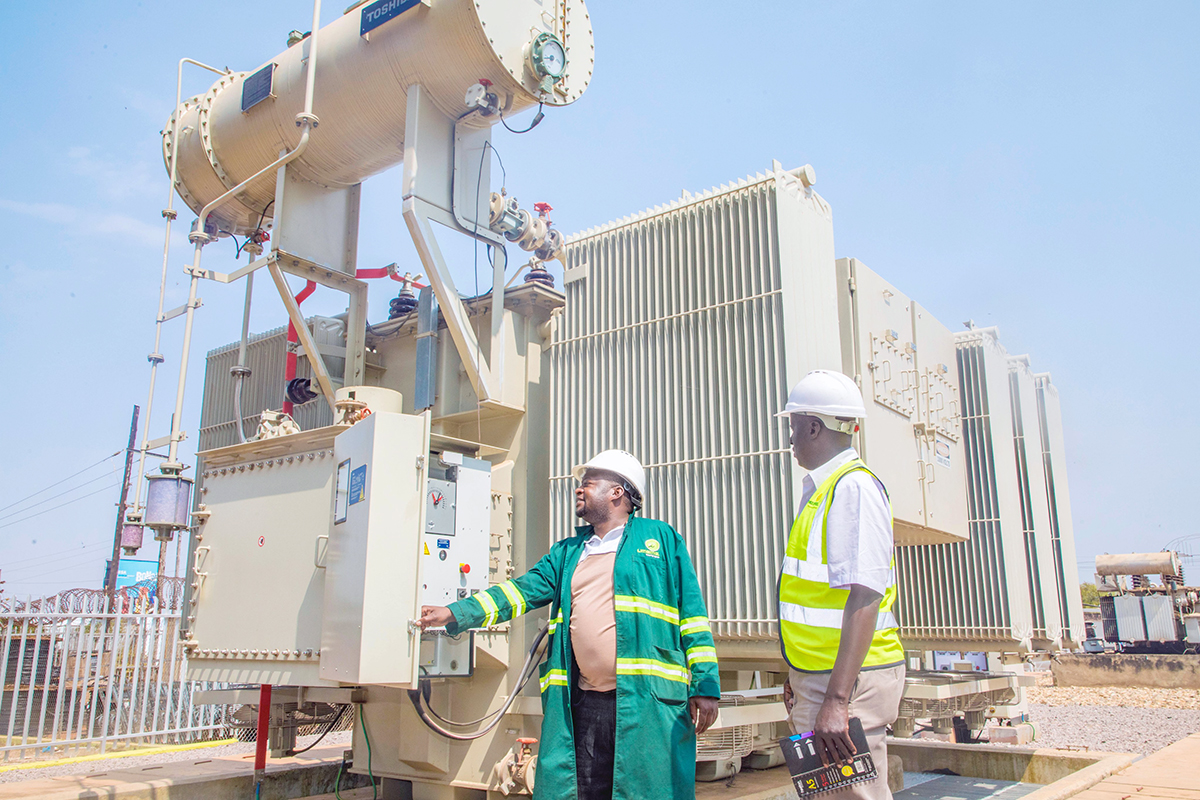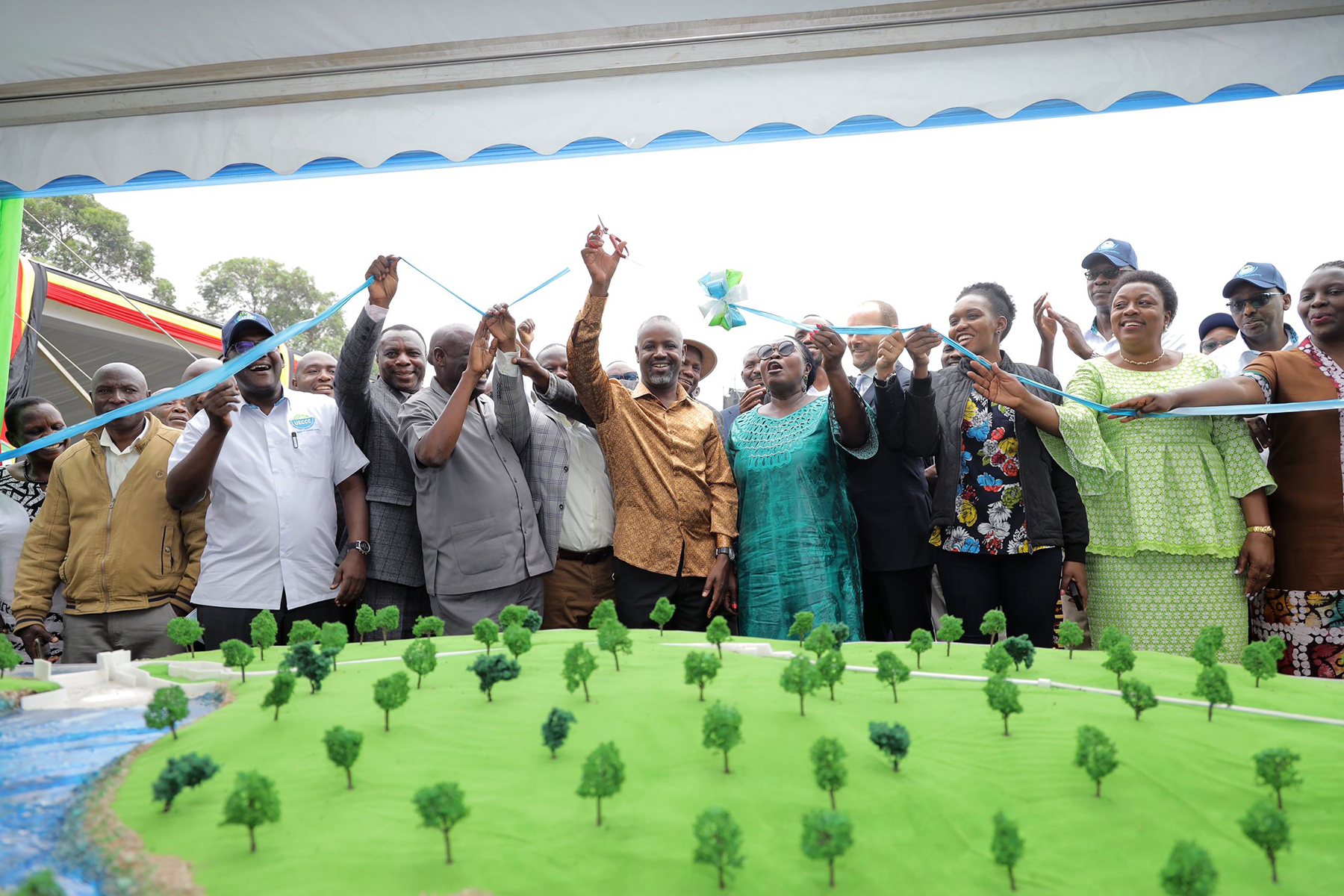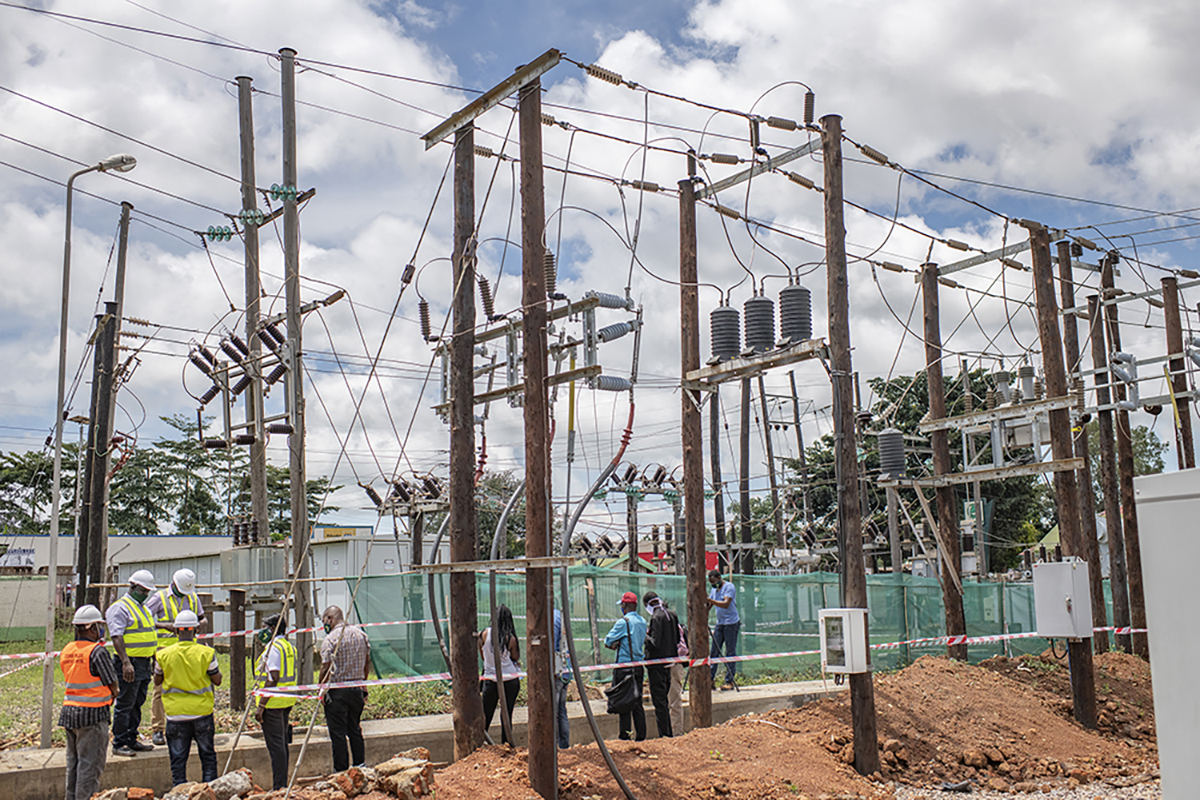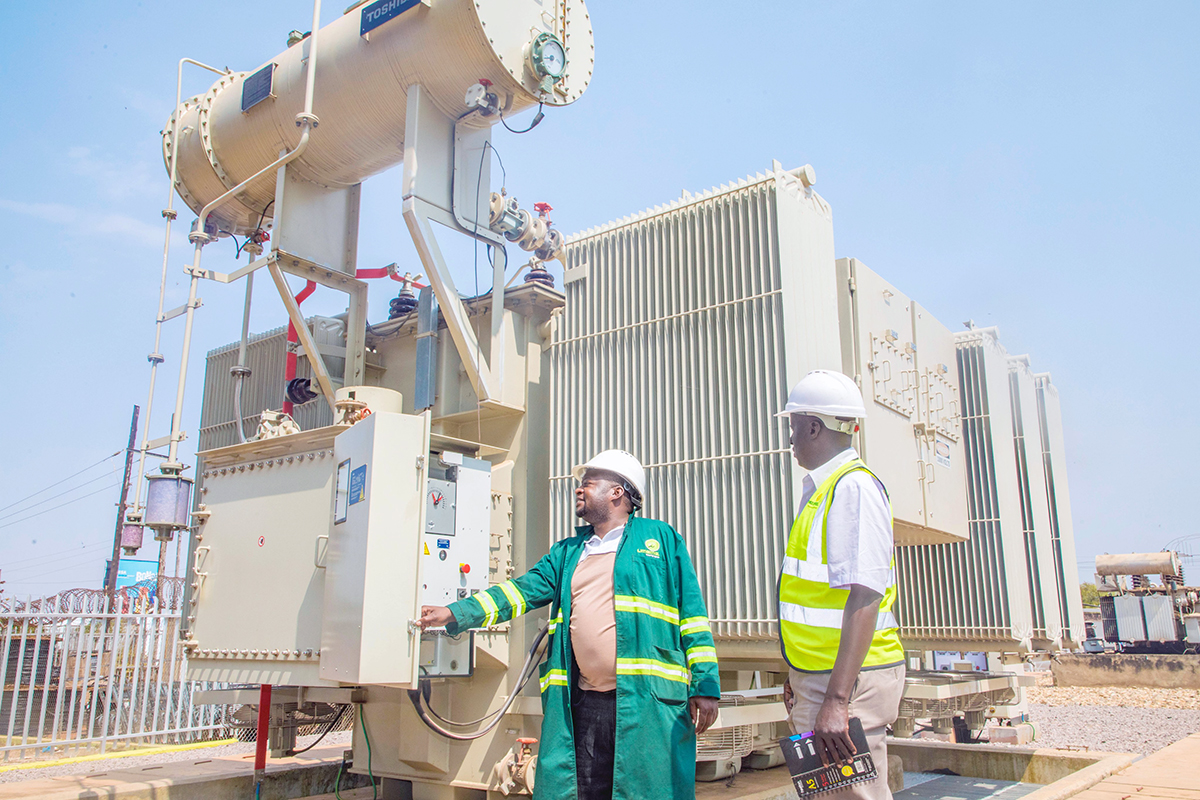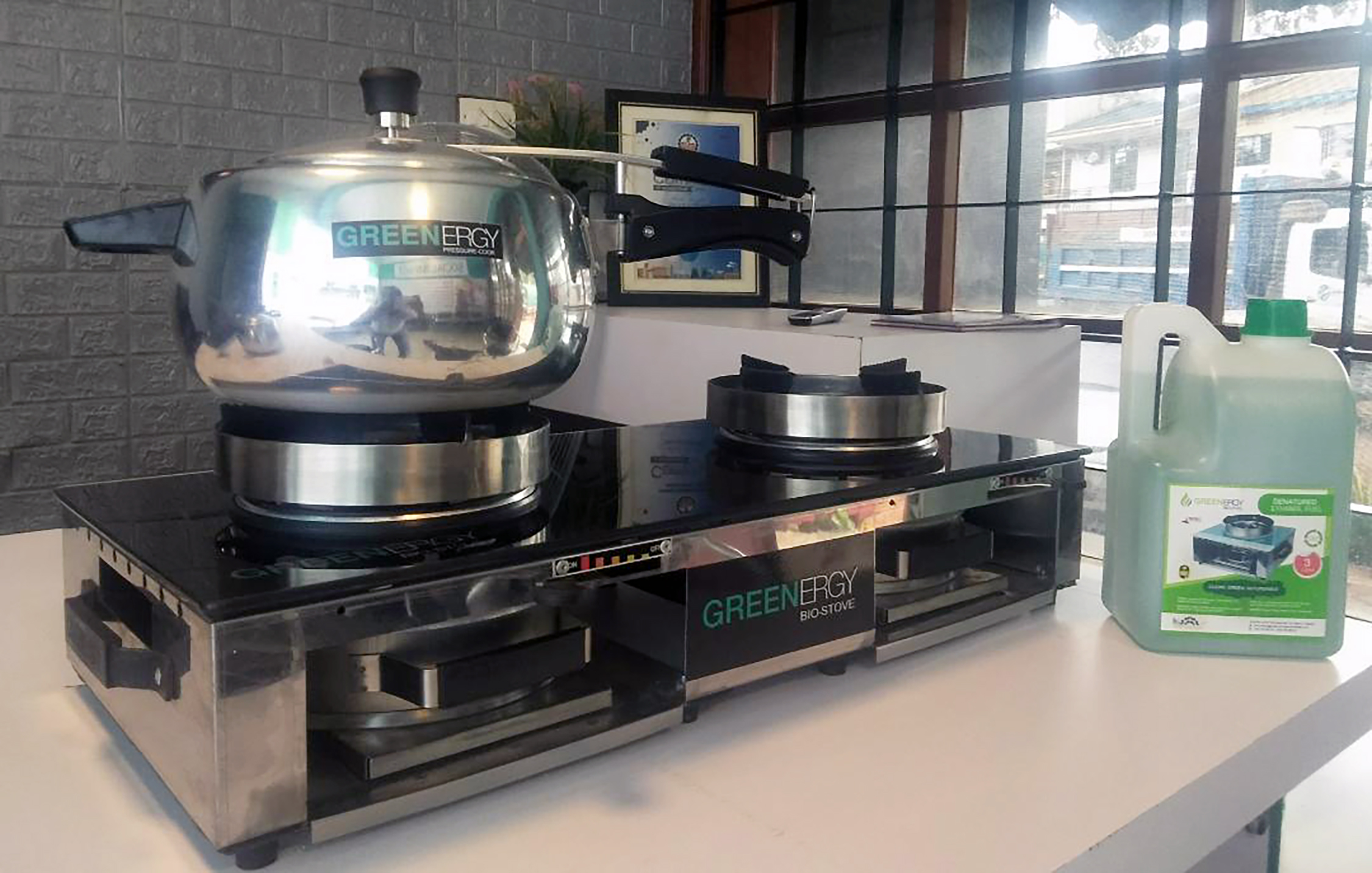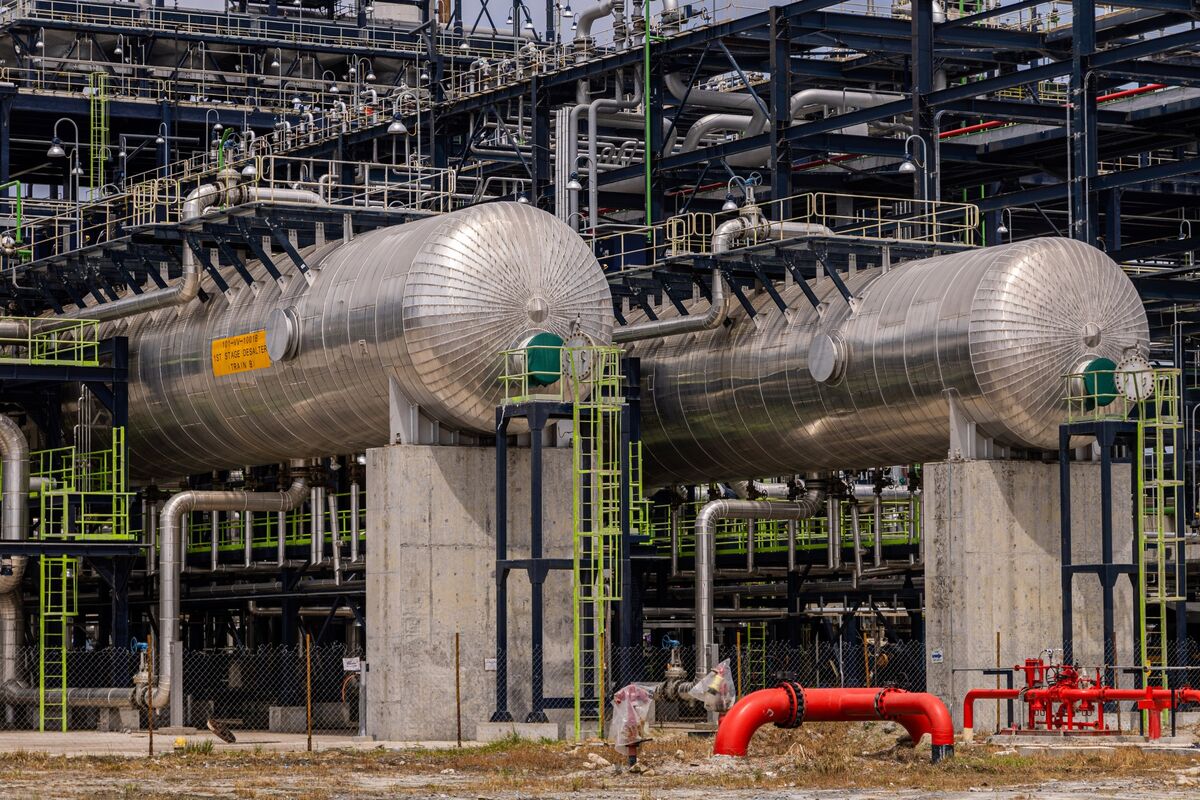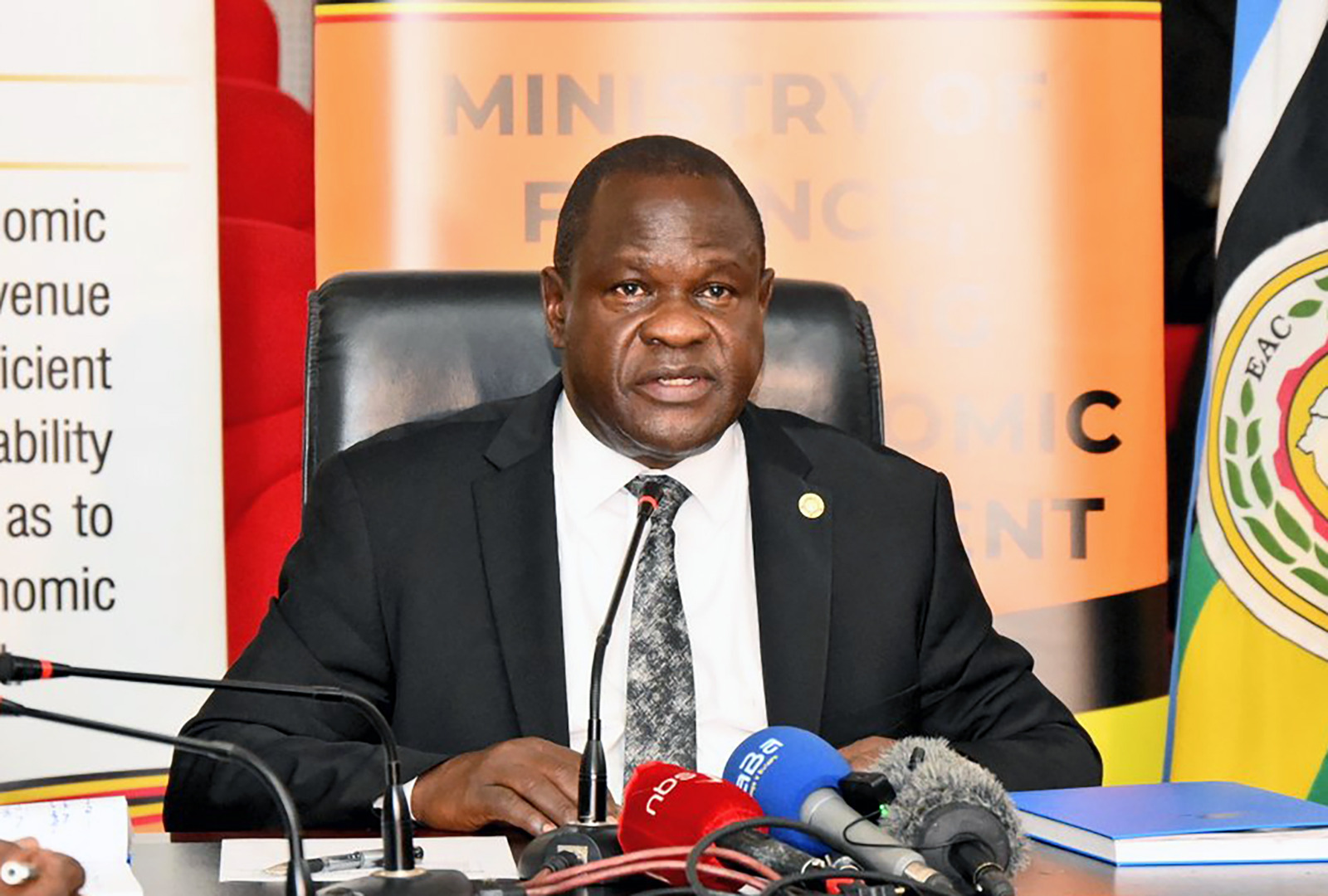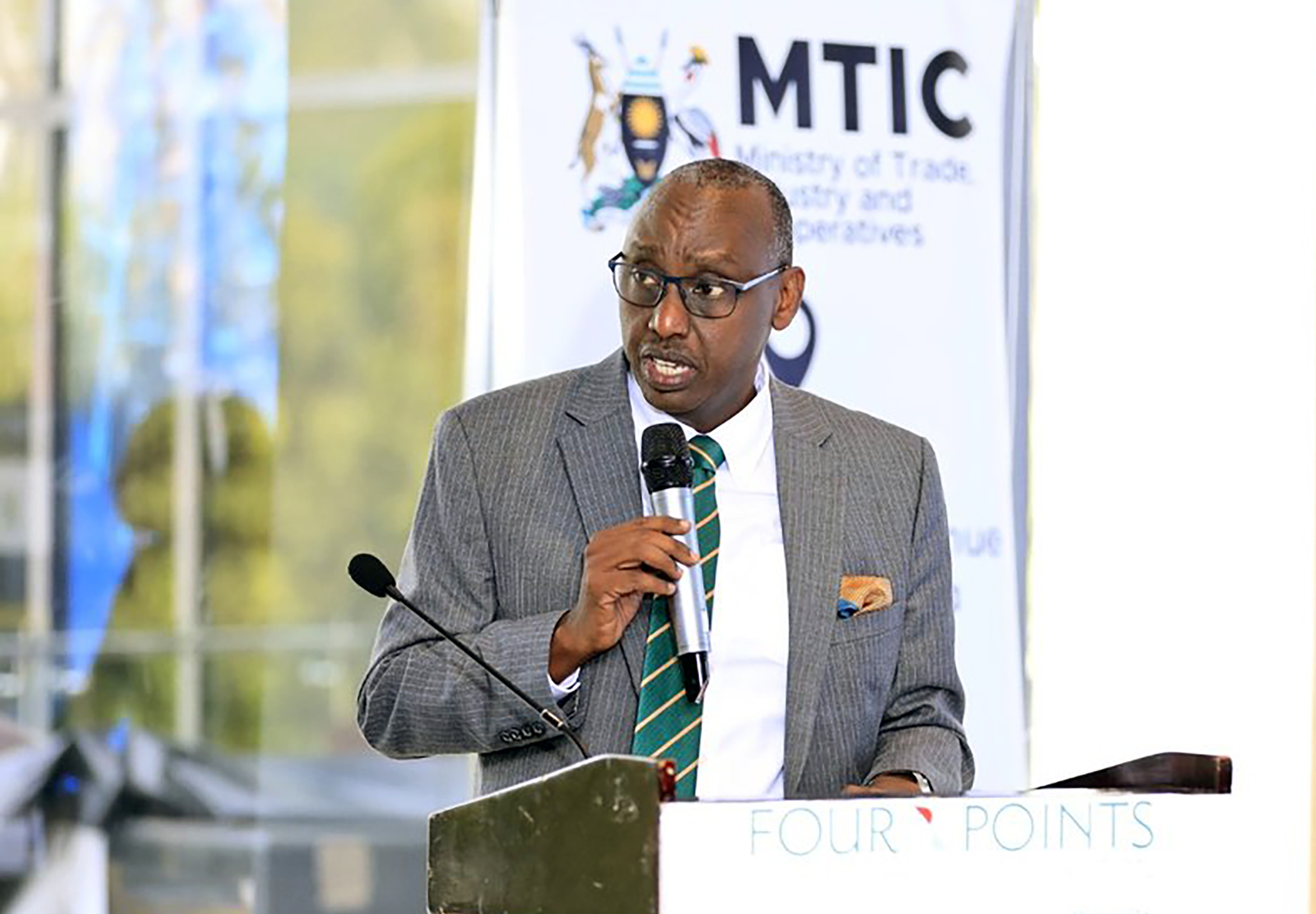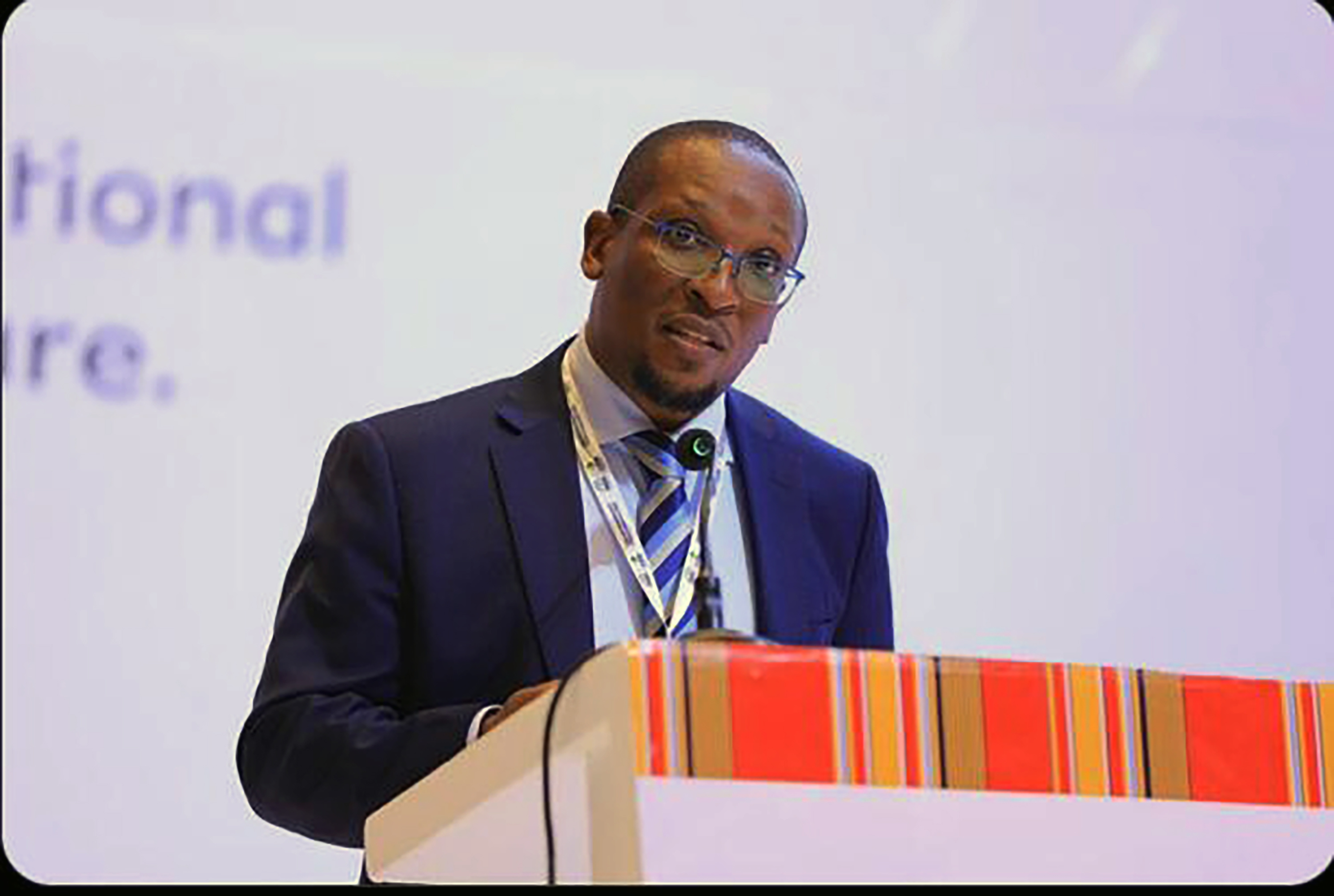Uganda, 15 countries set for electricity trade
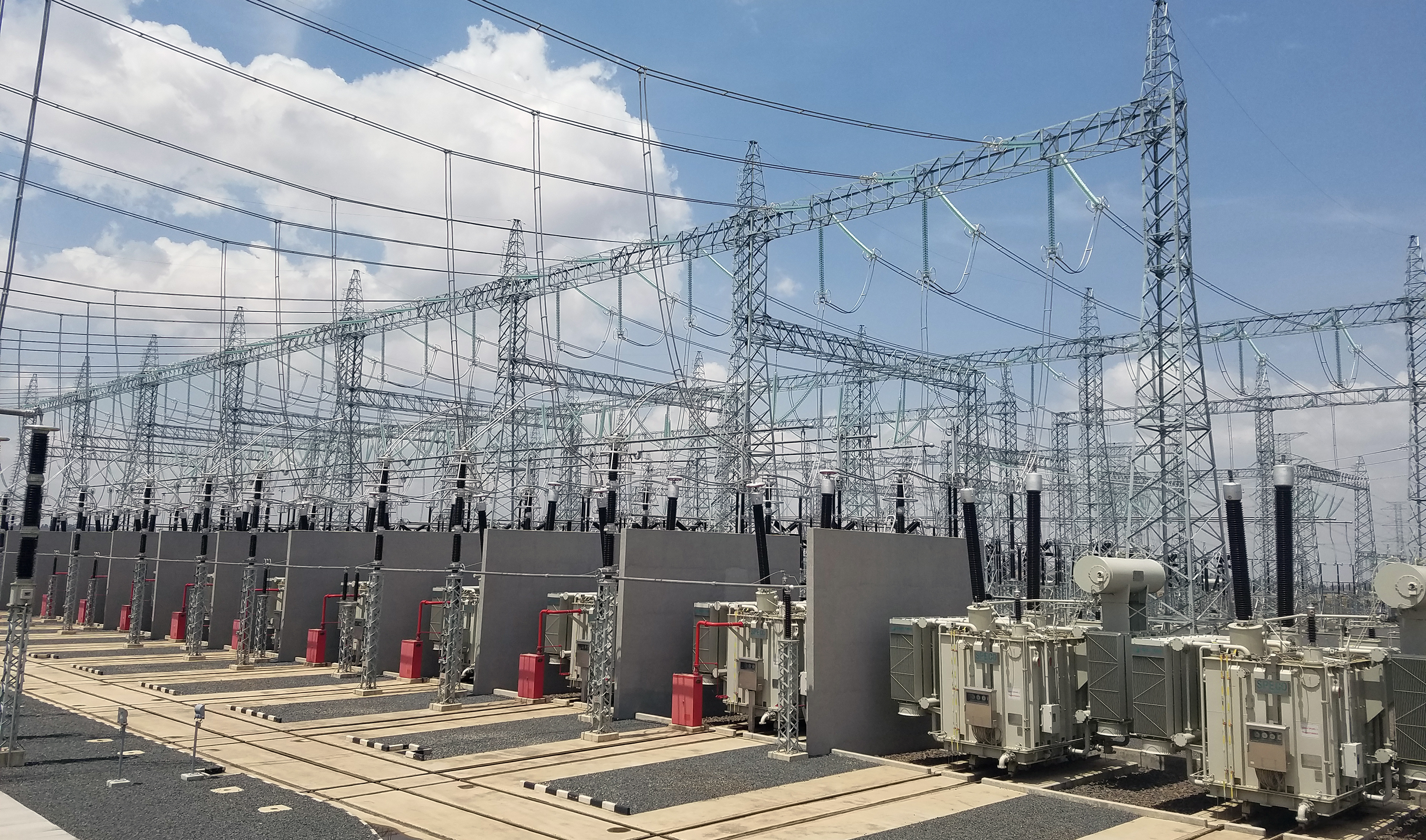
Grid interconnection projects will enable power distribution from States with a surplus to those with a deficit.
The Eastern Africa Power Pool (EAPP), an intergovernmental organization that was established to promote and coordinate the development of a regional power grid interconnection and cross-border electricity trade in Eastern Africa, is set to operationalize a competitive regional power market next year, a move that is poised to significantly reduce energy poverty across the Eastern African region.
This ambitious plan aims to harness surplus electricity from countries with excess production and distribute it to nations facing energy deficits, thereby enhancing energy access and reliability across the region.
Founded in 2005 under the auspices of the Common Market for Eastern and Southern Africa (COMESA), the pool currently comprises 13 member countries including; Burundi, Djibouti, Democratic Republic of Congo (DRC), Rwanda, Egypt, Ethiopia, Kenya, Sudan, Tanzania, Uganda, and Libya.
- Recently, South Sudan and Somalia joined the pool, and there is a possibility that Eritrea may also become a member.
During the 19th Council of Energy Ministers’ meeting held in Kampala this week, the plan for the operationalization of the marketing and trading of units was endorsed.
Ruth Nankabirwa, Uganda’s Minister of Energy and Mineral Development, who is also the current chairperson of EAPP, emphasized the importance of leveraging existing infrastructure to advance the regional trade initiative.
- “We will embark on the available electricity transmission infrastructures to advance EAPP regional trade,” she said.
 UNITED: Participants at the the 19th Council of Energy Ministers’ Meeting at the Kampala Serena Hotel.
UNITED: Participants at the the 19th Council of Energy Ministers’ Meeting at the Kampala Serena Hotel.James Wahogo, the General Secretary of EAPP, highlighted the strategic importance of this initiative during a recent interview. “We are working towards the operationalization of a competitive market next year, and this will be done by market and trade units within the block,” he stated.
The competitive market would bring together electricity transmission and distribution companies from each member State as market participants, creating a dynamic platform for cross-border power trade.
The upcoming market would rely on power purchase agreements (PPAs) to determine pricing, ensuring transparency and fairness in transactions.
Uganda currently exports a combined total of about 150 megawatt hours (MWh) to neighbouring countries including Rwanda, Tanzania and Kenya but is keen to raise the amount this following the completion of the 650MW Karuma Power Dam.
- Wahogo explained; “Countries with a surplus of electricity can offer that electricity for sale to EAPP member States,” he added. This mechanism would allow countries like Ethiopia, with abundant hydroelectric power, to supply electricity to neighbouring countries facing shortages, thereby fostering regional energy security and sustainability.
- The impact of this initiative on energy poverty cannot be overstated. According to the World Bank, over 600 million people in Africa still lack access to electricity, with Eastern Africa accounting for a significant portion of this number.
By facilitating the transfer of surplus electricity from energy-rich countries to those in need, the EAPP's regional power trade is poised to close this gap, bringing reliable electricity to millions of households and businesses across the region.
Moreover, the EAPP's approach aligns with global efforts to promote sustainable energy for all. The United Nations' Sustainable Development Goal 7 (SDG7) aims to ensure access to affordable, reliable, sustainable, and modern energy for all by 2030. The EAPP’s regional power trade initiative is a significant step toward achieving this goal in Eastern Africa.
The EAPP has been hailed as a game-changer in regard to promoting regional coopera-tion in the energy sector, which is essential for economic development, energy security, and sustainable growth in Eastern Africa.



.jpg)
